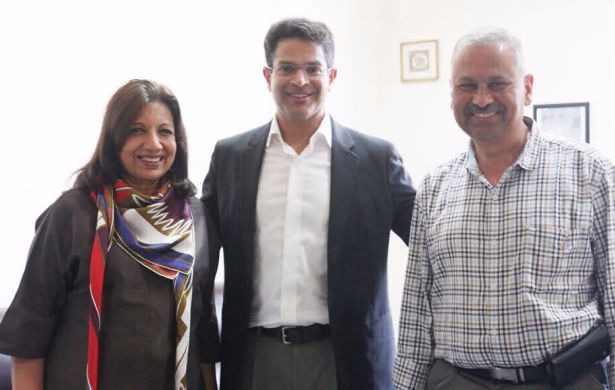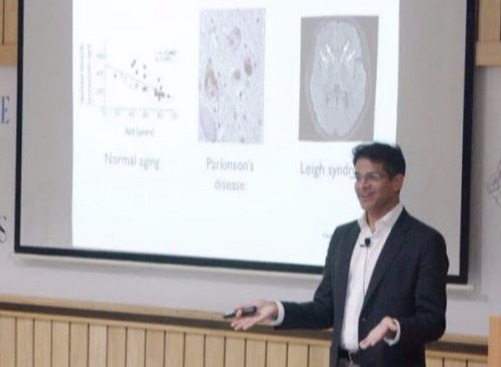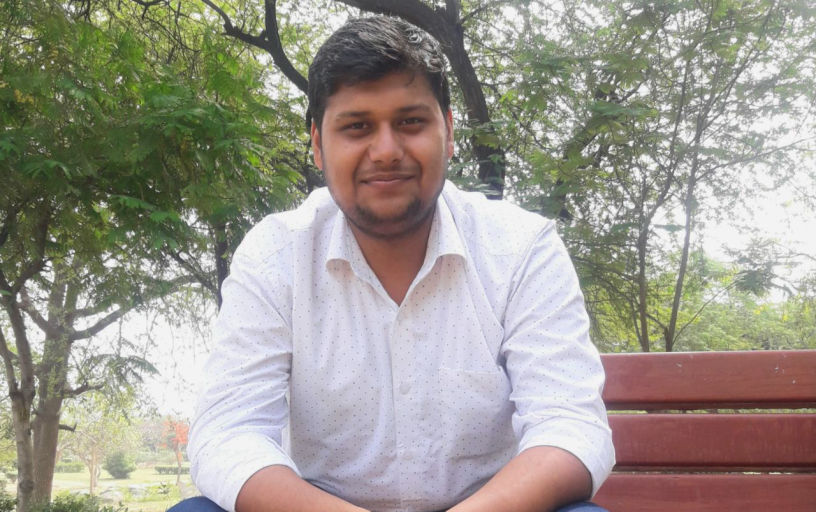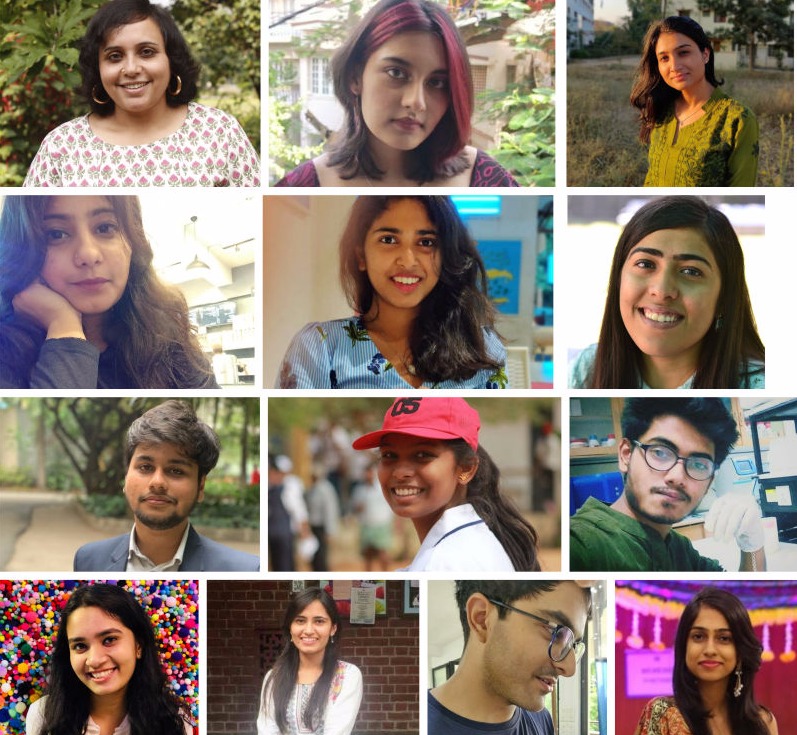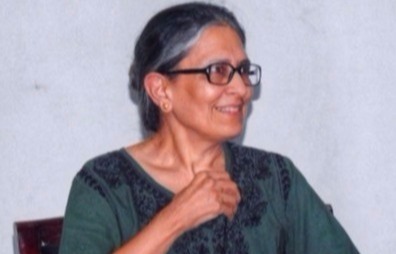Prof. Mootha was fascinated by the structure and images of the mitochondria quite early in his career and today his lab focuses on the role of mitochondria and the diseases associated with it. The overarching goal of his work is to understand the pathogenesis of mitochondrial diseases and develop therapies for rare diseases, for which, until today, there are no proven therapies. The lecture was divided into three aspects of mitochondrial dysfunction - diagnosis, biomarkers and therapeutics. For diagnosis, around 15 years ago, Prof. Mootha and colleagues used genomic, transcriptomic and proteomic tools to analyze the composition of the mitochondria in 14 different human tissues and formulated the so-called mitochondrial inventory called ‘Mitocarta’. Using this information, they developed Mito-exome sequencing as a first line of diagnosis for mitochondrial disease. Next, to monitor mitochondrial activity pre- and post-therapy, Prof. Mootha's team analyzed the blood plasma metabolome and discovered biomarkers that could be used to determine if a given therapy is working for a given mitochrondrial disease. An example is the discovery of alpha HB as a plasma marker of the Leigh Syndrome French Variant (LSFV) metabolome.
One important message that Prof. Mootha drove home was persistence and maybe some stubborness? For over 15 years, Prof. Mootha's team used RNAi and chemical screens to identify effectors of certain mitochondria-related phenotypes, which proved unsuccessful. However, when they revisited these phenotypes with a genome-wide pool of CRISPR/Cas knockout cells, a very strong hit was the VHL gene, which is involved in oxygen pathways. This discovery lead to a very counter-intuitive question, can hypoxia alleviate mitochondrial disease? Prof. Mootha's team is currently testing this hypothesis in mouse models and if successful, they intend to move their findings to humans. Prof. Mootha ended his seminar by broadly explaining the future prospects of his work, in particular, hypoxia therapy.
The lecture was followed by a Q&A session where the audience actively participated and enquired about the scope of mitochondrial diseases at higher elevations, disadvantages of hypoxia and the use of hypoxia conditions in other model organisms. Dr. Kiran Mazumdar Shaw concluded the lecture by saying a few words about Prof. Mootha and his dedication towards research. In an exclusive interaction with the students, Prof. Mootha shared his scientific journey and encouraged students to pursue a career path that they are passionate about.
